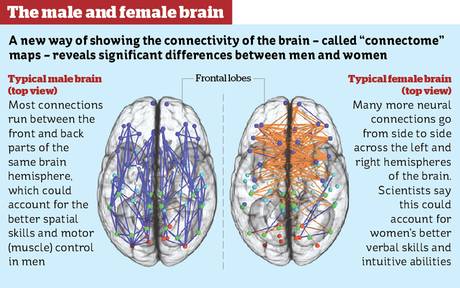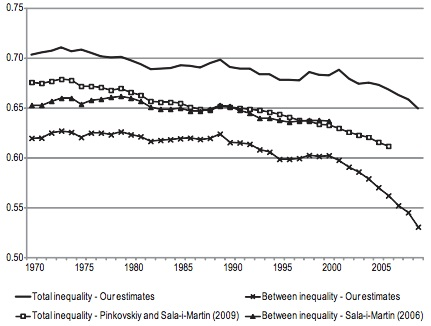On the surface, this is a perfectly valid perspective on education.
“Hackschooling” is clearly working out perfectly well for this kid, and I don’t have any doubt that his education is probably far superior to what the median American kid receives. But the secret sauce in this education stew isn’t some cutting-edge theory. It’s actually just the lavish expenditure of time, money, and human capital to purchase a cutting-edge education most families cannot afford.
Think about it this way: public education is designed to capture economies of scale. Want to educate a whole country: design one curriculum and teach it to all of them. When you upgrade from public education by spending more money what you’re basically getting is a combination of prestige and personalization. Personalization works because of smaller teacher:student ratios, but also because the expense of private education means you end up with a much more homogenuous student body, and so the educational experience can be customized to a greater extent. You spend money, you get personalized education.
The thing to realize is that this “unschooling” (or “hackschooling” or whatever) is not any different. It’s the exact same idea, but taken to the extreme. Sure, there might not be a huge outlay of cash, but there is definitely a huge outlay of time. We’re talking about a student:teacher ratio of something like 1:3 or 1:4 (depending on the number of kids involved) and you can only swing that if you’ve got a single-earner making enough to support the whole family. You might not be writing a check to a private school for tuition, but you are having one spouse opt to not bring home a paycheck at all. That’s the tuition of homeschool.
But there’s more to it than that. A lot of the experiences this kid talks about are clearly not experiences you can get if your family is not well-connected and knowledgeable. At 13-years old I couldn’t have gotten a job at all, much less an internship at a quirky specialist manufacturer of some kind. The best I could swing was a job as a janitor when I hit 14 and it was legally allowed. Your parents have to have the social circle and the know-how to set up these awesome experiences, and that’s basically a requirement of human capital.
I’m not criticizing this family’s choices. I think that homeschooling is awesome when done right. What I’m criticizing is the kind of snake-oil approach that says there’s some kind of theory or trick to awesome education. There isn’t. Not really. It’s just a question of quantity of resources that you have to throw at the problem. And, from that perspective, this kid’s education is about the most elite and expensive you can imagine. Good for him that his parents can afford it, but let’s not kid ourselves about the price tag. For most Americans: it’s out of your reach.








